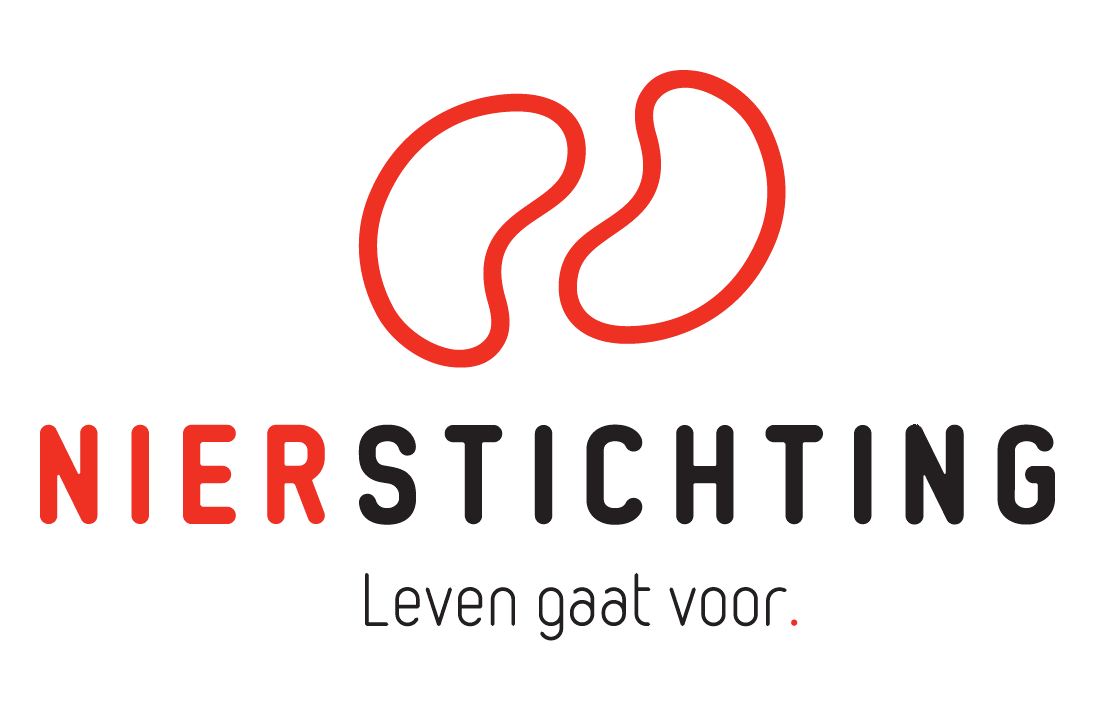Salt sensitivity in chronic kidney disease: the role of the distal tubule

Project summary
The number of people with kidney damage is increasing worldwide. It is becoming increasingly clear that the amount of salt (sodium) in the diet contributes to kidney damage. Patients with kidney damage are more sensitive to the amount of salt in the diet: too much salt directly increases blood pressure and leads to worsening of kidney damage. In addition, salt also appears to cause immediate kidney damage. Too much salt in the diet is a risk factor for patients with chronic kidney damage (CNS). The underlying mechanism is still unclear. Normally salty food leads to less salt intake through the kidney tubes (reabsorption). The question is why this mechanism is lost with chronic kidney damage. The project is based on five new hypotheses for the development of salt sensitivity in kidney patients. Central is the stronger retention of salt by damaged kidneys. The researchers will look at the effect of the renin-angiotensin-aldosterone system (RAAS) on salt uptake via reabsorption through the kidney tubes. (The RAAS is a control system that maintains blood pressure). In experimental and patient-related studies, the following are studied: the effect of kidney damage on salt intake, urine biomarkers for salt sensitivity, and various treatments for salt sensitivity in kidney damage.
Impact
Answering the question: why are patients with chronic kidney damage more sensitive to salt in food? Five new hypotheses have been formulated for this purpose. By gaining more insight into the role of salt in kidney damage, the ultimate goal is to better prevent kidney damage.
More detailed information
Principal Investigator:
prof. dr. Ewout Hoorn
Role Erasmus MC:
Coördinator
Department:
Project website:
Funding Agency:
Nierstichting



